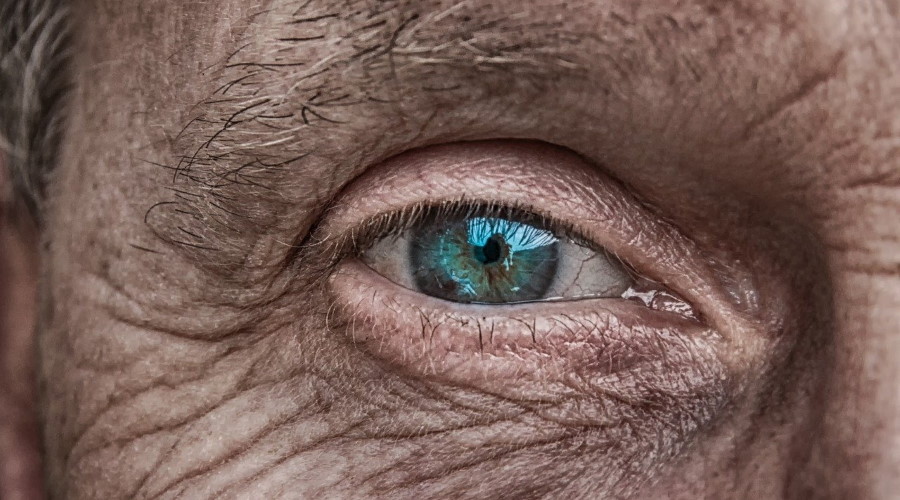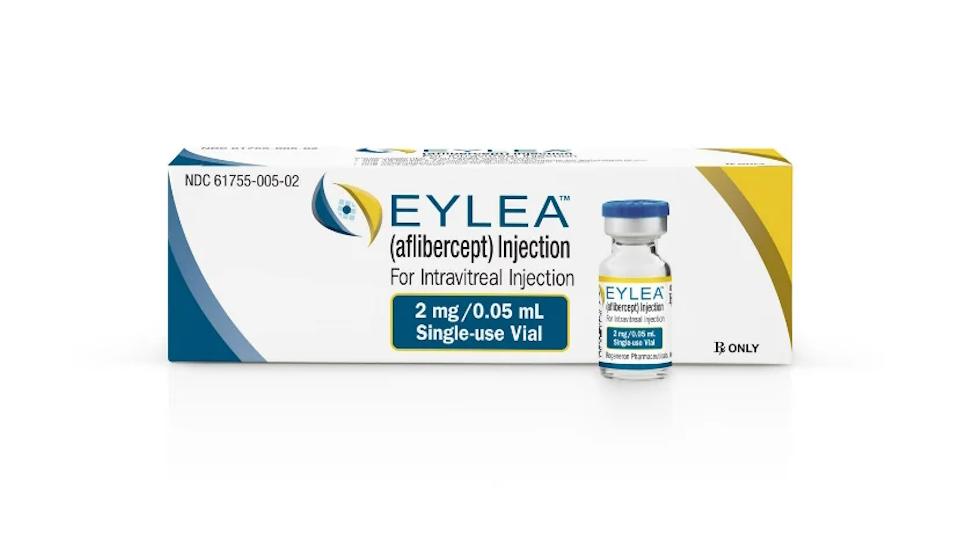Eylea data gives Regeneron/Bayer a lift in ophthalmic diseases

A higher dose of Regeneron and Bayer's Eylea given every three or four months has shown efficacy in a pair of clinical trials, in a big boost for the multibillion-dollar product.
The two studies – in wet age-related macular degeneration (AMD) and diabetic macular oedema (DME) – showed the 12- and 16-week Eylea (aflibercept) regimens were non-inferior to the currently approved 8-week dosing, reducing the number of injections into the eye needed by patients with the sight-robbing diseases.
Overall, around 90% of patients with DME and 80% of the AMD group were able to control their disease with a dose every 16 weeks, halving the number of injections they would need over the course of a year.
The safety profile of the drug was also similar, despite the higher dose of active ingredient, and Regeneron and Bayer have said they will now move towards regulatory filings based on the new data.
If approved, the more patient-friendly dosing would hand an advantage to Eylea in the increasingly competitive markets for AMD and DME therapies and, according to trial investigator David Brown of Retina Consultants of Texas in the US, makes the drug "a potential standard of care in these diseases."
Eylea remains the leader in the category, with sales of around $8 billion a year, but has started to see its share whittled away by new therapies, like Roche's fast-growing bispecific antibody Vabysmo (faricimab), which binds to VEGF – the same target as Eylea – as well as Ang-2, to give a double mode of action.
Roche said earlier this year that uptake of Vabysmo in the US was being driven in part by switching from aflibercept. The label for Vabysmo allows dosing every 8, 12, or 16 weeks, depending on patient responses, after an initial course of four monthly injections.
Over a two-year period, patients receive 10 injections with Vabysmo, compared to 15 with Eylea at the current dosing regimen. So, the new data could allow Regeneron and Bayer's drug to gain parity with its rival.
Meanwhile, all the drugs for AMD and DME are expected to be squeezed by lower-cost, biosimilar versions of Novartis and Roche's Lucentis (ranibizumab) – another big seller in the anti-VEGF class – which started to appear on the European market last year and in the US in June.
Investors responded to the announcement of the new data by driving shares in Regeneron up almost 15%, while Bayer also gained a couple of points.












